Civilization will not attain to its perfection until the last stone from the last church falls on the last priest
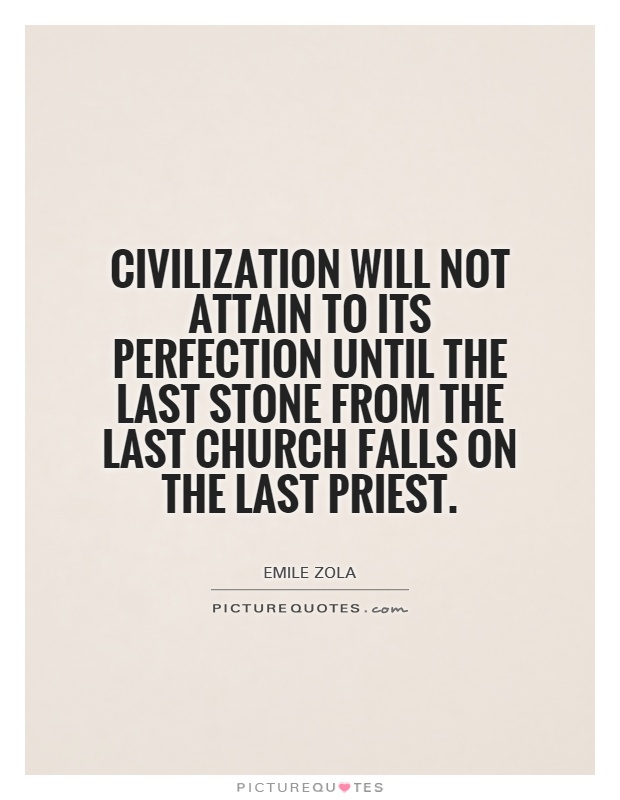
Civilization will not attain to its perfection until the last stone from the last church falls on the last priest
Emile Zola, the renowned French writer and social critic, was known for his controversial and provocative views on religion and society. One of his most famous quotes, "Civilization will not attain to its perfection until the last stone from the last church falls on the last priest," encapsulates his belief in the need for a separation of church and state in order for true progress and enlightenment to be achieved.Zola was a staunch advocate for secularism and believed that the influence of organized religion was a hindrance to the advancement of society. He saw the power and wealth of the Catholic Church as a corrupting force that stifled individual freedom and perpetuated ignorance and superstition. In his novels and essays, Zola often critiqued the hypocrisy and moral failings of the clergy, portraying them as self-serving and manipulative figures who exploited the faith of their followers for personal gain.
Zola's call for the dismantling of churches and the removal of priests from positions of authority was not a rejection of spirituality or morality, but rather a plea for a more rational and humane approach to social organization. He believed that true progress could only be achieved through reason, science, and the pursuit of knowledge, rather than through blind adherence to dogma and tradition.
In the context of Zola's own life and work, his quote can be seen as a reflection of his commitment to truth and justice in the face of entrenched power structures. Throughout his career, Zola fearlessly exposed corruption and injustice in French society, from the exploitation of workers in the coal mines to the miscarriage of justice in the Dreyfus Affair. By challenging the authority of the church and advocating for a more secular and egalitarian society, Zola sought to create a world where all individuals could live in freedom and dignity.

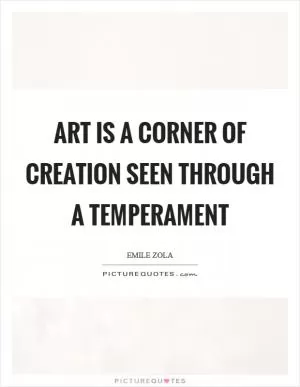
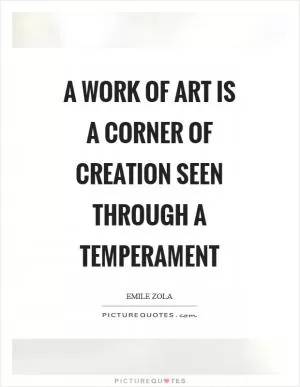

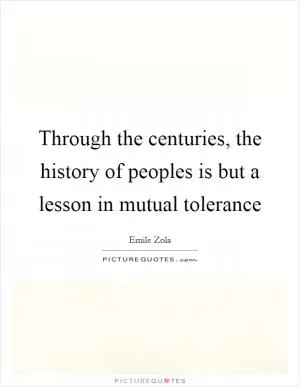
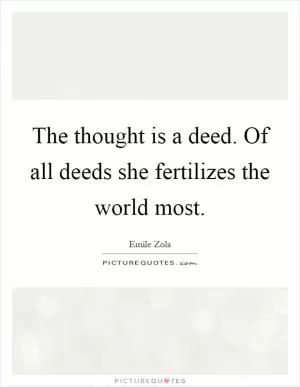

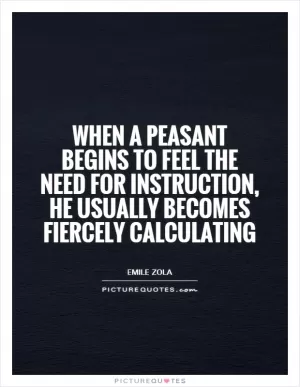

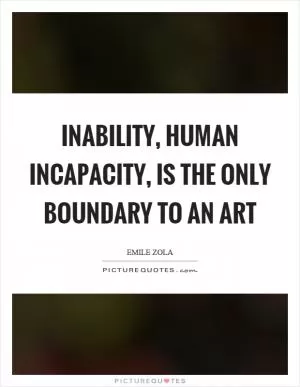


 Friendship Quotes
Friendship Quotes Love Quotes
Love Quotes Life Quotes
Life Quotes Funny Quotes
Funny Quotes Motivational Quotes
Motivational Quotes Inspirational Quotes
Inspirational Quotes